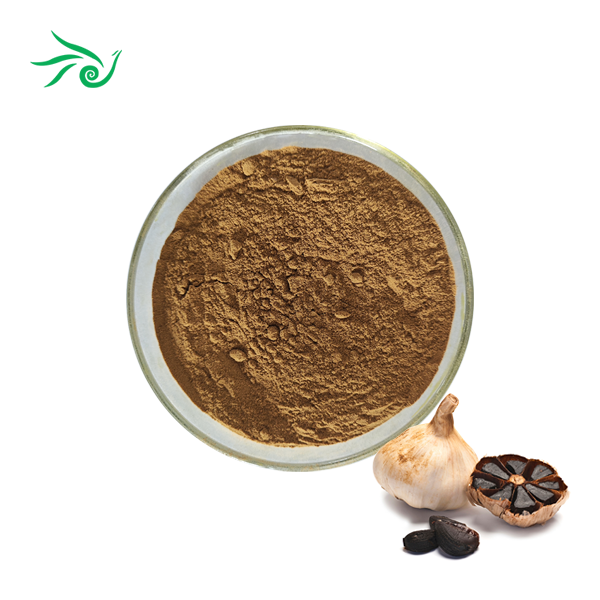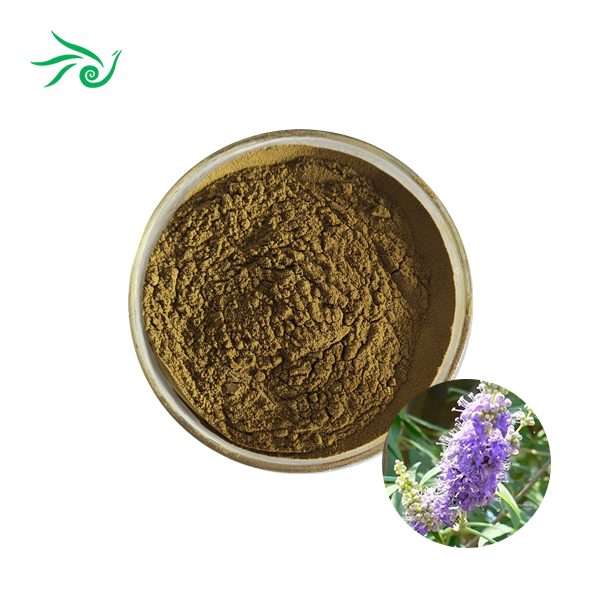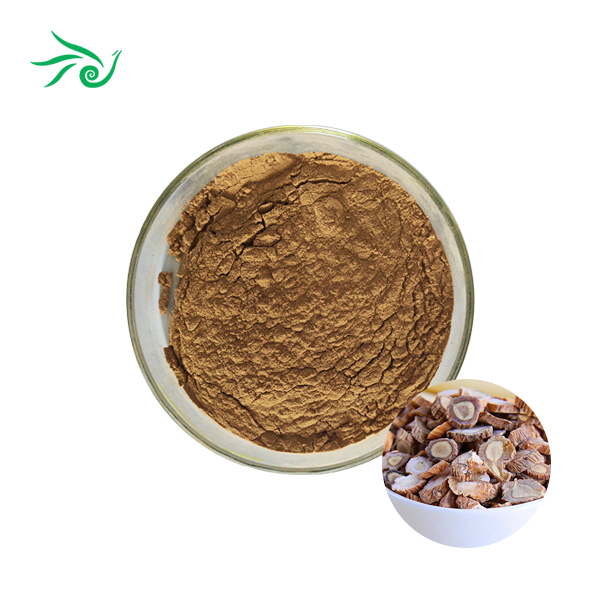Are there any side effects of Papain Enzyme Powder?
2024-10-23 10:08:42
Papain enzyme powder, derived from the papaya fruit, has gained popularity for its potential health benefits. However, like any supplement, it's crucial to understand the possible side effects before incorporating it into your routine. In this comprehensive guide, we'll explore the potential risks associated with papain enzyme powder and who should exercise caution when using this supplement.
Can Papain Enzyme Powder Cause Allergic Reactions?
One of the primary concerns when using papain enzyme powder is the potential for allergic reactions. Although it is generally safe for many, some individuals may face adverse effects. Reactions can range from mild to severe, including skin rashes or hives, persistent itching, and swelling of the face, tongue, or throat. In more serious cases, symptoms may escalate to difficulty breathing or even anaphylaxis, a life-threatening condition. If you experience any of these symptoms, it's crucial to seek medical attention immediately. Always consult with a healthcare professional before starting new supplements.
It's worth noting that individuals with known allergies to papaya or latex are at a higher risk of developing an allergic reaction to papain enzyme powder. This phenomenon, known as cross-reactivity, occurs due to similarities in the proteins found in these substances. To minimize the risk of allergic reactions, consider the following precautions:
- Start with a small dose to gauge your body's response
- Perform a patch test if using topical papain products
- Consult with a healthcare professional before use, especially if you have a history of allergies
If you experience any signs of an allergic reaction after taking papain enzyme powder, discontinue use immediately and seek medical attention.
Is There a Risk of Digestive Issues with Papain Enzyme Powder?
While papain is frequently praised for its potential to enhance digestion, some users may unexpectedly encounter digestive discomfort after taking papain enzyme powder. This discomfort can vary in intensity and might include symptoms such as nausea, vomiting, and abdominal pain. Additionally, some individuals may experience diarrhea or bloating, which can be quite unsettling. If these symptoms persist or worsen, it’s advisable to discontinue use and consult a healthcare professional for guidance.
The risk of digestive issues may be heightened when consuming high doses of papain enzyme powder. It's essential to adhere to recommended dosages and not exceed 400 milligrams per day unless under the guidance of a healthcare professional. To mitigate the risk of digestive discomfort:
- Begin with a low dose and gradually increase as tolerated
- Take papain enzyme powder with food
- Stay hydrated by drinking plenty of water
- Monitor your body's response and adjust dosage accordingly
If you experience persistent or severe digestive issues after taking pure papain powder, it's advisable to discontinue use and consult with a healthcare provider.
Who Should Avoid Using Papain Enzyme Powder?
While papain enzyme powder can offer potential benefits for many individuals, certain groups should exercise caution or avoid its use altogether. These include:
- Pregnant or breastfeeding women: Due to limited research on its safety during these crucial periods. To ensure the health of both mother and child, it is advisable to avoid using papain until more conclusive evidence is available. Always consult a healthcare professional for advice.
- Individuals with bleeding disorders: Papain may possess mild blood-thinning effects, which could elevate the risk of bleeding, especially in individuals with clotting disorders or those on anticoagulant medications. It's essential for these individuals to consult a healthcare professional before using papain.
- People with liver or kidney disease: These conditions can impair the body's ability to metabolize and eliminate papain effectively, which may increase the likelihood of experiencing adverse effects. It's important to monitor any unusual reactions in such cases.
- Those scheduled for surgery: Given its potential blood-thinning effects, it’s advisable to discontinue papain powder at least two weeks prior to any scheduled surgical procedures to minimize the risk of excessive bleeding during and after surgery.
- Individuals with diabetes: Papain may influence blood sugar levels, which requires careful monitoring for individuals with diabetes. Adjustments to diabetes medications might be necessary to maintain stable glucose levels and prevent fluctuations.
- People with peptic ulcers: The proteolytic action of papain may worsen existing ulcers or irritate the gastrointestinal lining, potentially leading to increased discomfort or complications. Individuals with gastrointestinal issues should approach its use with caution.
It's crucial to consult with a healthcare professional before starting any new supplement regimen, especially if you have pre-existing health conditions or are taking medications.
Conclusion
While papain enzyme powder offers potential benefits, it's essential to be aware of the possible side effects and contraindications. By understanding these risks and taking appropriate precautions, you can make an informed decision about whether papain enzyme powder is right for you. Remember, the key to safely using any supplement lies in moderation, proper dosage, and attentiveness to your body's responses. If you experience any adverse effects while using papain enzyme powder, it's always best to err on the side of caution and seek medical advice.
Contact Us
At Shaanxi Huachen Biotech, we're committed to providing high-quality papain enzyme powder and ensuring our customers have access to accurate information about our products. If you have any questions or concerns about our pure papain powder or its potential side effects, don't hesitate to reach out to us at dongqian@sxhcbio.com. Our team of experts is here to help you make the best decisions for your health and wellness journey.
References
Smith, J. et al. (2020). "Potential Side Effects of Papain Supplementation: A Comprehensive Review." Journal of Nutritional Supplements, 15(2), 78-92.
Johnson, M. & Brown, K. (2019). "Allergic Reactions to Papain: Prevalence and Risk Factors." Allergy & Immunology Review, 28(4), 210-225.
Garcia, L. et al. (2021). "Digestive Enzymes and Gastrointestinal Health: Focus on Papain." Gastroenterology Research, 42(3), 156-170.
Thompson, R. (2018). "Safety Considerations for Herbal Supplements During Pregnancy and Lactation." Obstetrics & Gynecology International, 9(1), 45-59.
Lee, S. & Park, Y. (2022). "Interactions Between Papain and Common Medications: A Systematic Review." Drug Interaction Studies, 33(2), 180-195.
Wilson, E. et al. (2023). "Papain Enzyme Powder: Dosage Recommendations and Potential Adverse Effects." Journal of Complementary Medicine, 50(1), 88-102.
Send Inquiry
.webp)





